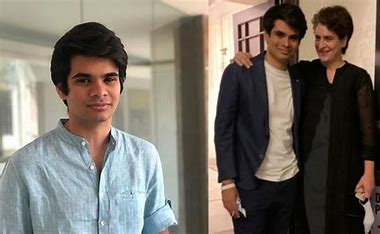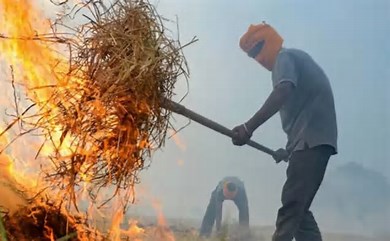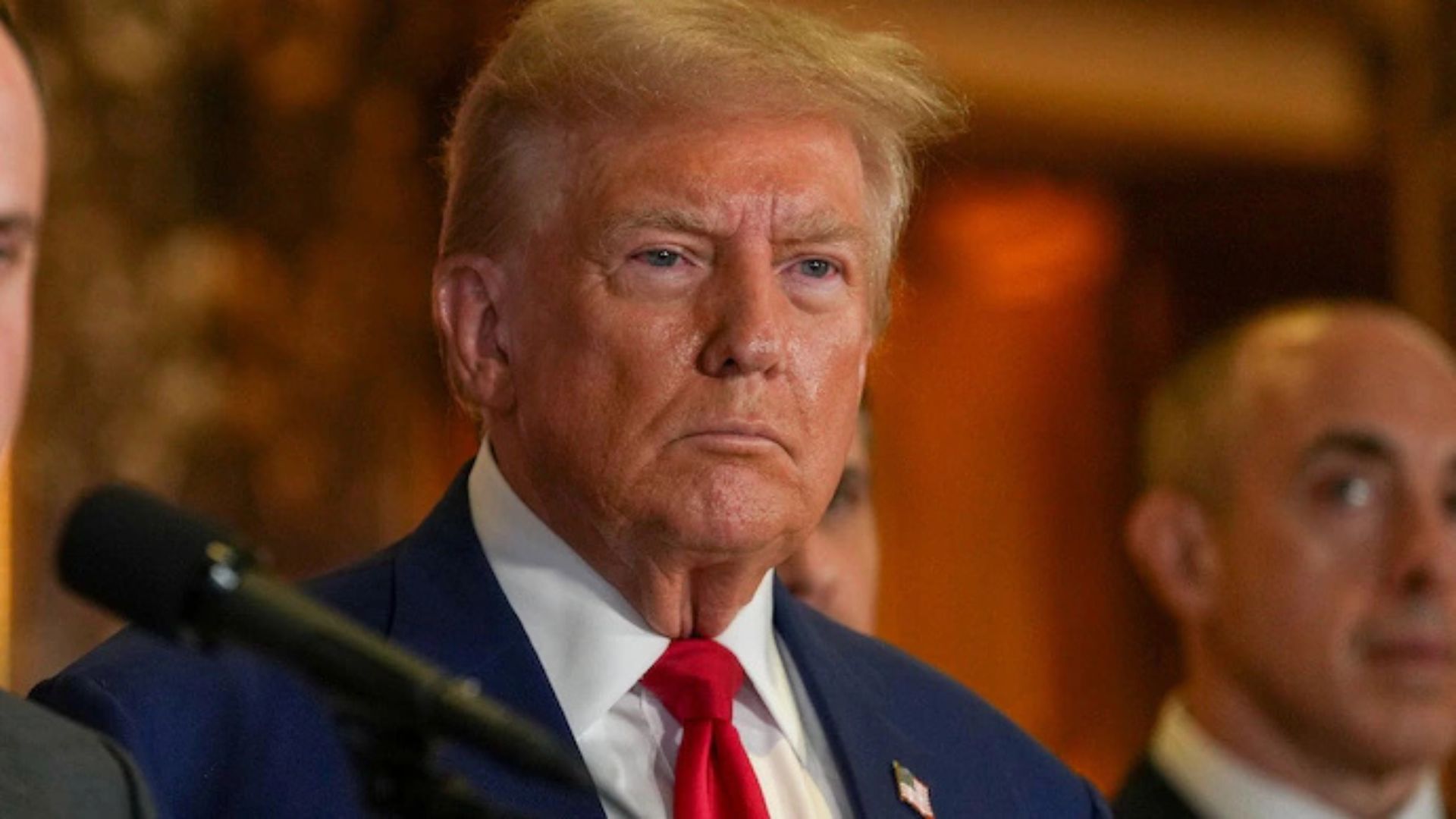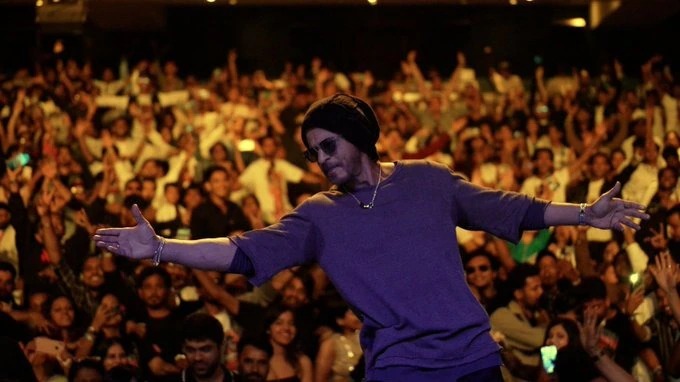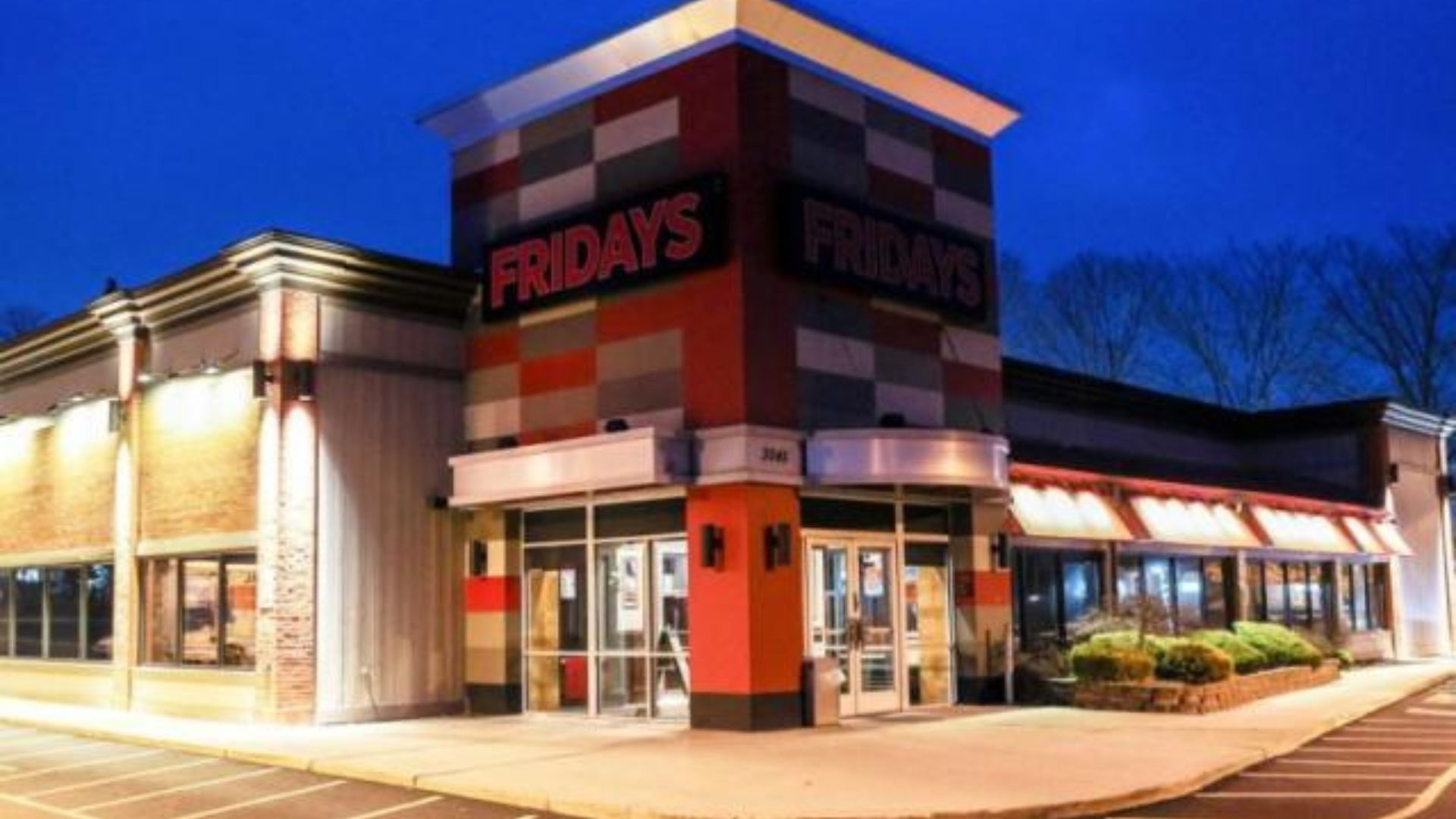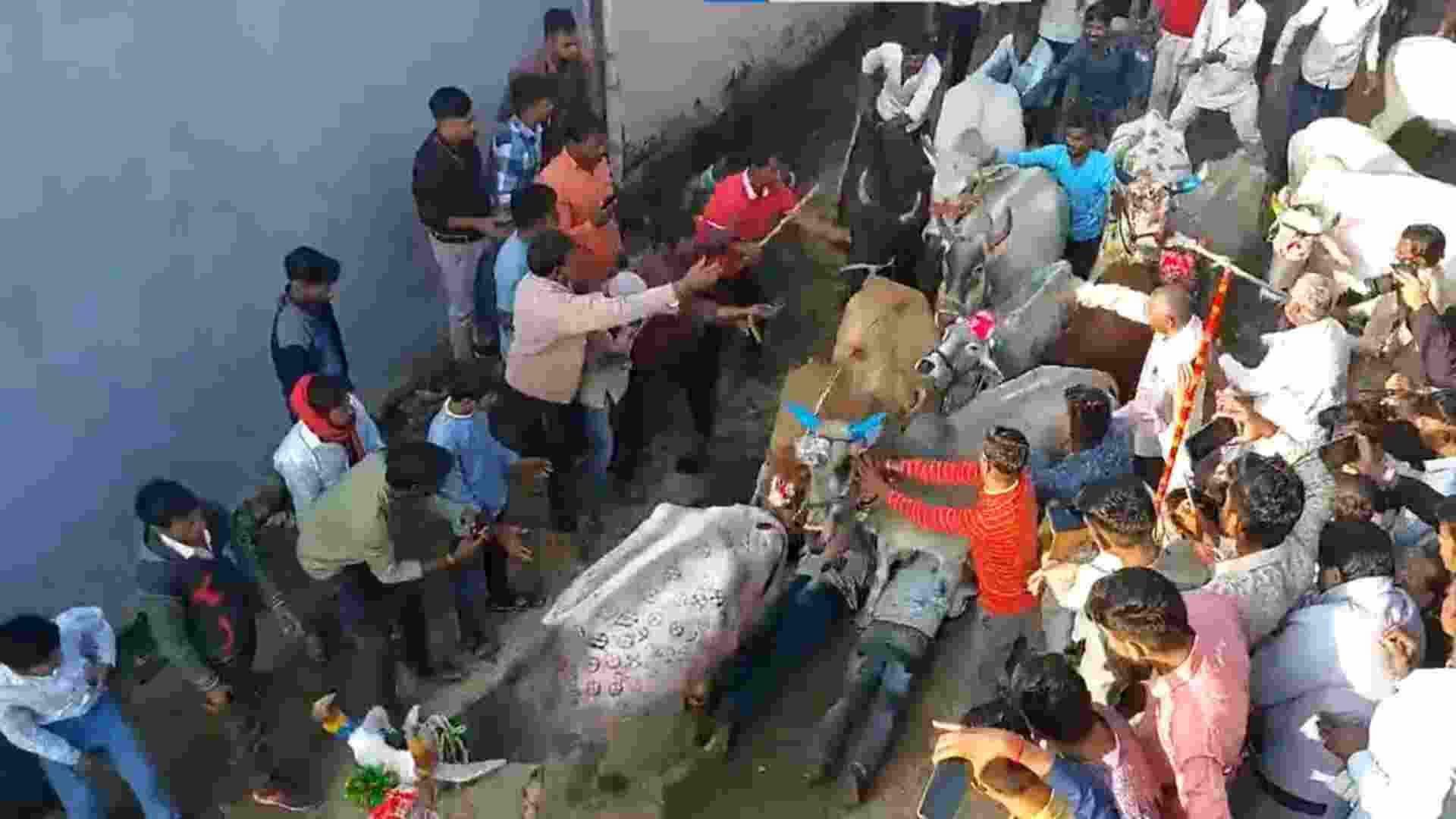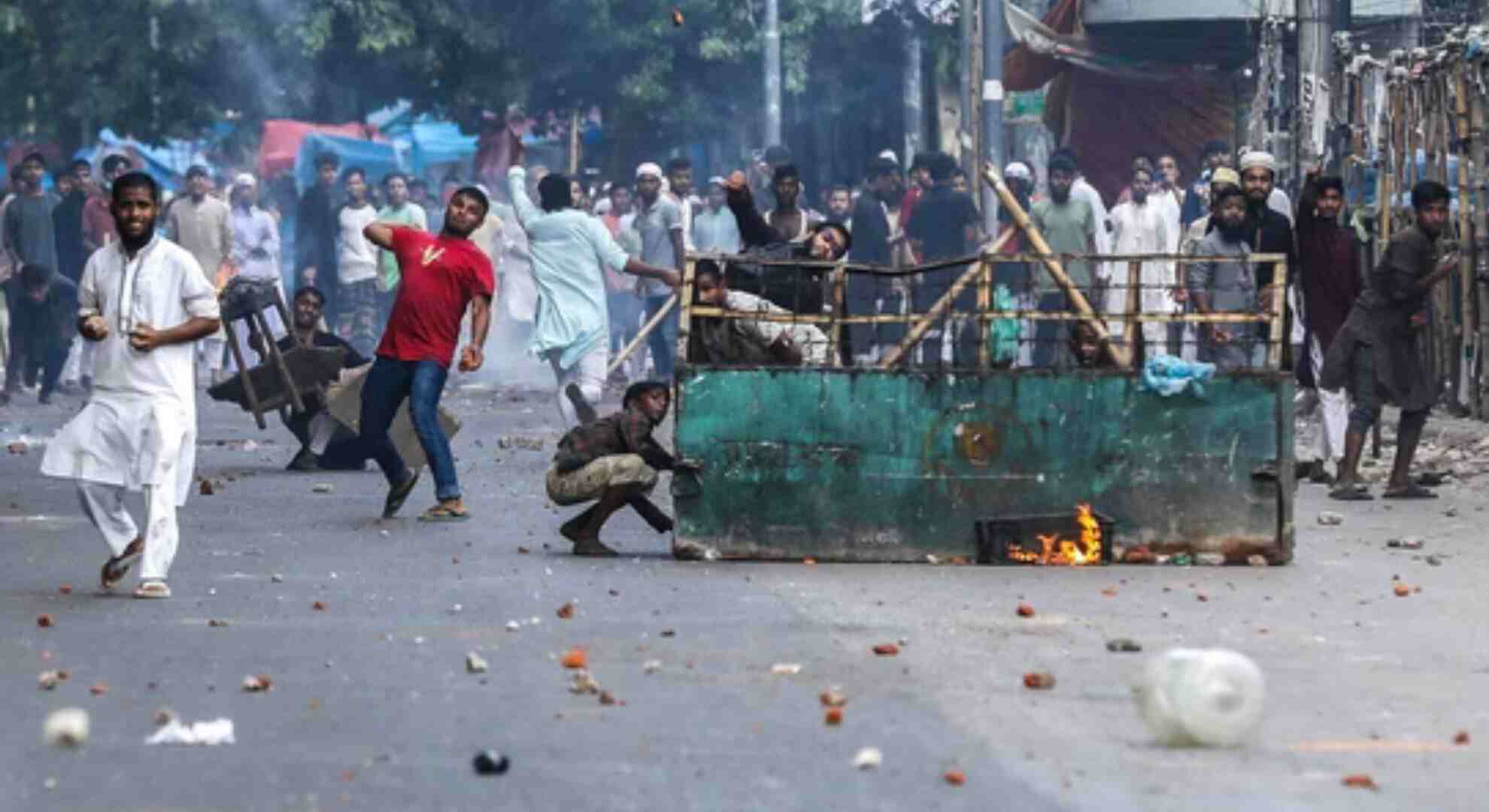
On July 19, 2024, the Bangladesh government, led by Sheikh Hasina, imposed a nationwide curfew and deployed military forces following violent protests over government job quotas. The clashes have resulted in at least 105 deaths and over 1,500 injuries.
The protests, primarily led by students, are against a quota system that they believe unfairly benefits political allies and the families of war heroes from the 1971 independence war. The unrest has intensified, with protesters setting fire to the state broadcaster and attacking a jail in Narsingdi, where hundreds of inmates were freed. The violence has caused shutdowns of metro services, railways, and mobile internet in some areas. Many media outlets have also been disrupted, with some websites and news channels going offline or being hacked.
In response, the government has enforced a curfew and sent in military forces to restore order. Despite these measures, the violence continues, and clashes between protesters and security forces are ongoing.
India has been actively evacuating its nationals due to the unrest. Over 400 Indians have been evacuated from Bangladesh so far, with around 245 crossing through the Gede immigration check post in West Bengal and 202 through the Dawki check post in Meghalaya. Nepalese and Bhutanese nationals have also been evacuated.
13 Nepalese students crossed over along with 245 Indians via a land border crossing in West Bengal on Friday. https://t.co/7VdaAQPhDz
— Rezaul Hasan Laskar (@Rezhasan) July 20, 2024
Schools and universities in Bangladesh are closed, and public gatherings are restricted. The unrest has caused major disruptions in Dhaka and other cities, with the international community closely monitoring the situation.
